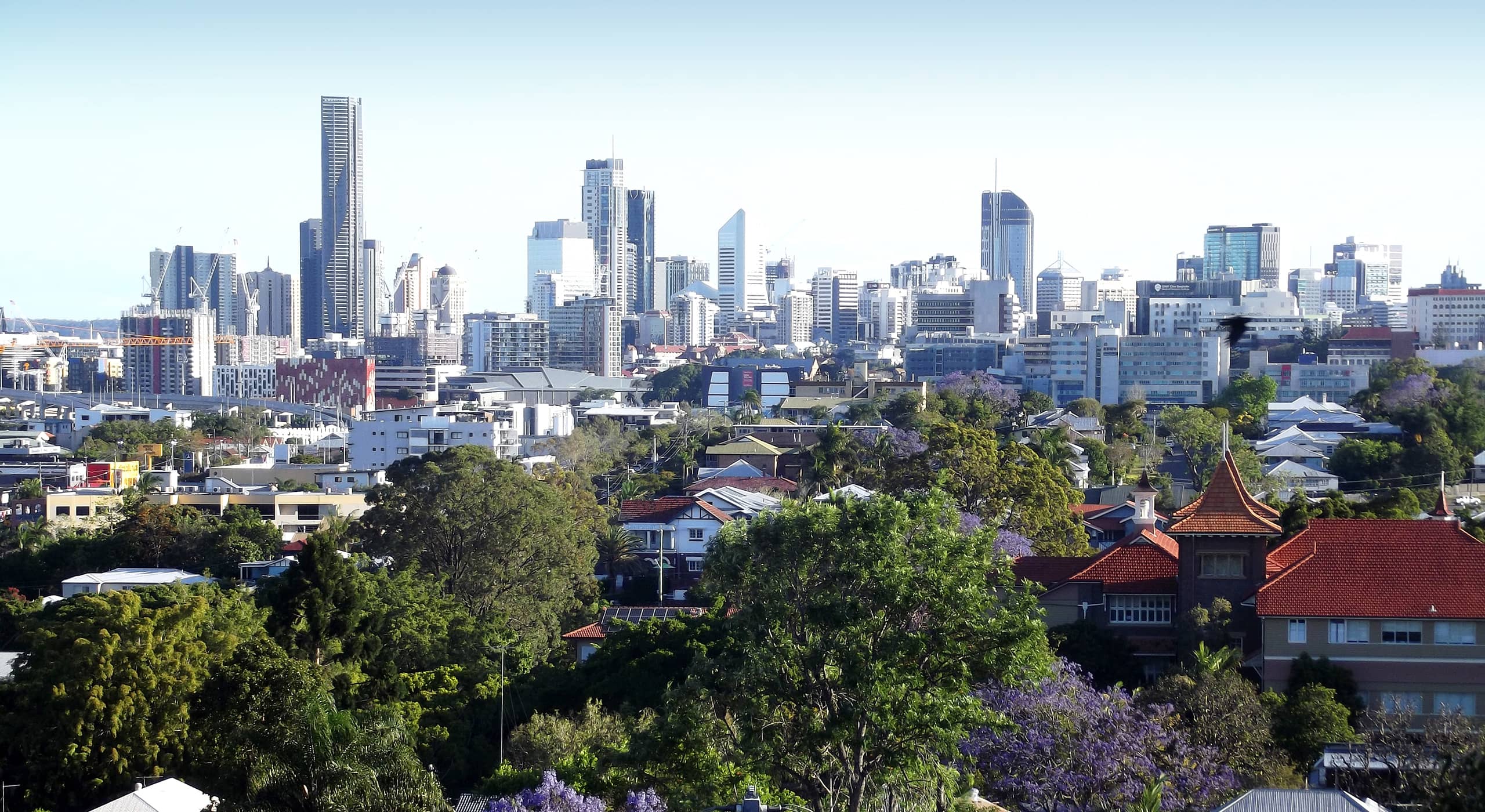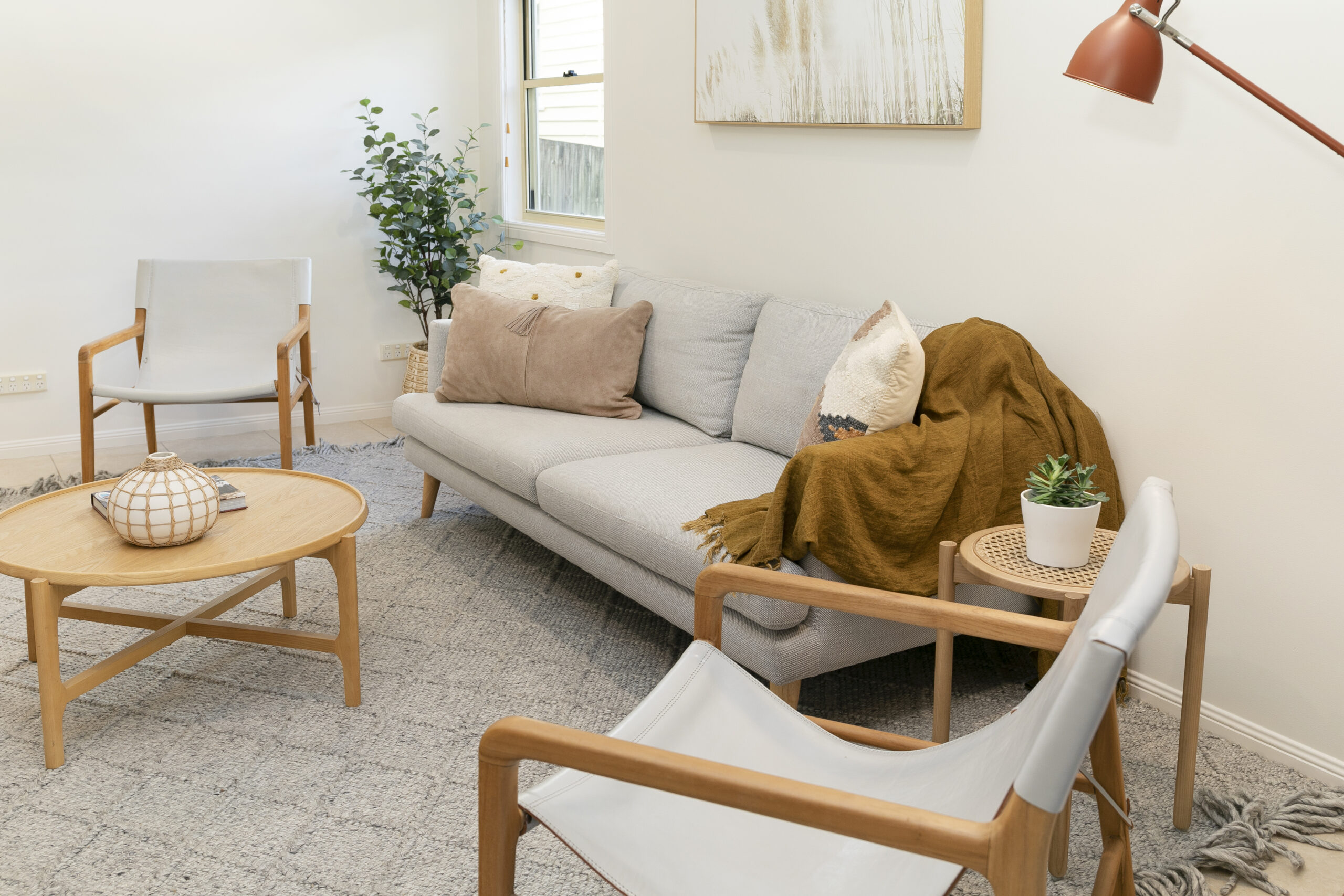Bushfires cause loss of life and millions in damage every year in Australia. They’re devastating, but they’re a fact of life, so it’s critical you understand if you’re at risk, how to minimise that risk and where to get help and more information if you need it.
Embers floating through the air before and after the main fire front are responsible for destroying many houses, as they land in gutters or through windows that have smashed from the heat. Fires also start from burning debris that piles up on verandas or in doorframes, or through thick vegetation close to the home can cause timber posts and decks to ignite.
Most homes that burn survive the main fire, but are destroyed in the following hours. In many cases if people are well prepared to put out small spot fires, they can save their home.
Plan ahead

Ideally you should be on top of this before fire season, but it’s never too late to protect you and your property.
– Clean out gutters and other roof fittings – they collect leaves and debris, which are extremely flammable.
– If you have a woodpile, which is a fuel source, site it well away from the house.
– Prune any trees that are close to the house, as overhanging branches will fuel a fire.
– At ground level, keep grass short and rake up leaves.
– Purchase at least one garden hose that reaches the perimeter of your property.
– Regularly recycle newspapers and cardboard. Don’t store piles of recycling material close to the house.
– Store flammable liquids and paint away from the house.
– LPG gas bottles should have the valve facing away from the house.
– Pool chemicals can ignite if placed near other flammable liquids so store them separately from other potentially dangerous chemicals.
– Make sure your insurance is up to date and adequately covers your property and its contents for bushfire damage.
– If you’re renting in a bushfire prone area and you don’t feel your landlord has taken reasonable steps to address the above, talk to them about it. If you can’t get them to cooperate, speak to your state or territory fire service and see if they can assist.
– Create a manageable evacuation plan and share it with the people closest to you.
Other important bushfire safety tips
– Don’t shelter in your swimming pool, as your head and other exposed body parts will be susceptible to radiant heat.
– Don’t empty your pool, as it can be used as a water source for fire brigades.
– You must evacuate if told to do so by fire authorities (don’t be a hot head).
– Have family/friends, treasured possessions and pets on hand, so evacuation is fast (part of that escape plan).
– Consider purchasing a portable pump to use water from your swimming pool or water tank.
Your property is precious, but nothing is more important than your life. If you are in mortal danger, take immediate action.
For the pets

– Your animals are at high risk of serious injury or fatality during extreme temperatures, and if bushfire strikes, they must be a part of your plans.
– Monitor their behaviour as it gets hotter, and if show signs of heat exhaustion (including excessive panting, vomiting, salivation or uncharacteristic aggression), consult a vet right away.
– Make sure they have plenty of water and shade available to them. Have wet towels on hand if they become dangerously overheated.
– On code red days, take them with you if you can, in safe transport with water available. If you can’t take them with you, ensure they have cool water, plenty of shade and everything they need.
– Remember they’re even more nervous than you are.
Prevention inside the home
There’s some things you should always be doing to keep yourself safe from fire that are extra important during the blazing heat of summer.
Windows
Special safety windows can be installed into homes if you live in a bushfire prone area. See Pilkington Glass and Trend Windows & Doors for more details of these products.
Smoke alarms
By law, every home must have at least one smoke alarm on each level. Make sure yours are tested regularly – use the changeover to daylight savings to remind you to test and upgrade as required.
Deadlocks
Some fatalities have ben caused by homeowners deadlocking themselves inside the house and then not being able to escape from a fire.
Ensure keys to locked doors are easily accessible by everyone; ideally, they should remain in the lock, on the inside.
Appliances
Don’t overload power points and switch off your appliances when not in use. Apart from saving your energy costs, this can help stop a fire spreading and prevent related outbursts.
Open flames
Never leave incense or candles unattended and ensure cigarettes have been extinguished completely before discarding.
Supervise vulnerable people
Keep an eye on the kids or anyone else who might accidentally start a spot fire or accelerate an existing fire.
Kitchen

– Nearly half of all house fires start in the kitchen, so it needs special attention.
– Never leave a hot stove unattended and double-check all cooking appliances have been switched off after use.
– Keep tea towels, oven mitts, hand towels and other flammable items away from the cooking area.
– Face your pot handles inwards when cooking to avoid being knocked over.
– Remember that water does not extinguish oil or fat-based fires – it can enhance them. Keep a fire blanket or suitable fire extinguisher in the kitchen area (and in other high risk areas of the home).
Where to go for more information
Always check with local fire protection services to find warnings or advice specific to your home in your area.
Each region has a way for you to check the latest updates and instructions about where to retreat to in case of evacuation.
– South Australian Country Fire Service
– Victorian Country Fire Authority
– New South Wales Rural Fire Service
– Queensland Fire and Rescue Service
– Department of Fire and Emergency Services WA
Other mapping and tracking services include:
– Sentinel (Geoscience Australia Bushfire Mapping)
– North Australian Fire Information
Keep safe out there! This isn’t a comprehensive plan, so make sure you get expert advice for your property, situation and location.
Article sourced from realestate.com by Venessa Paech:
http://www.realestate.com.au/blog/bushfire-prevention-when-the-mercury-climbs/


